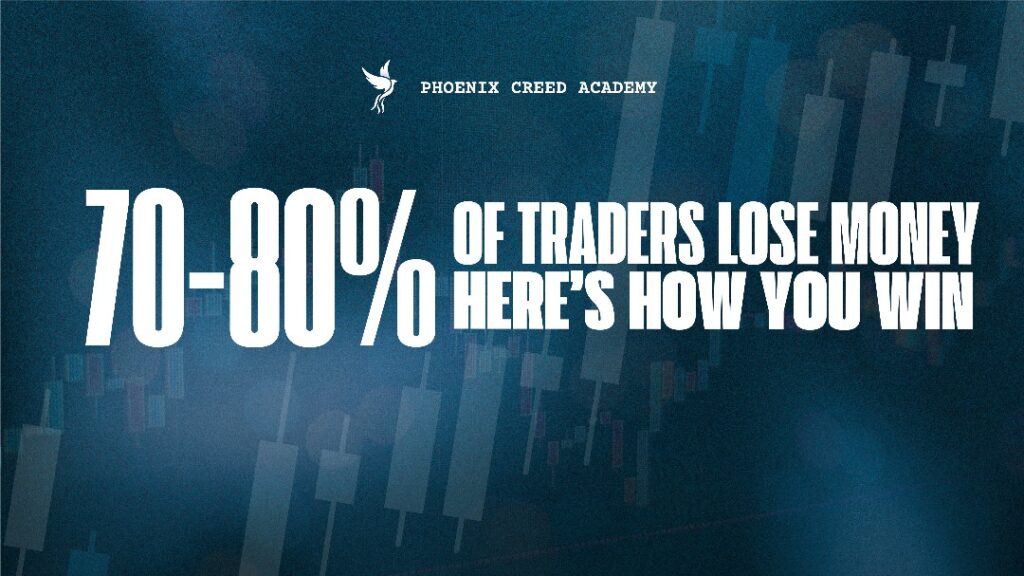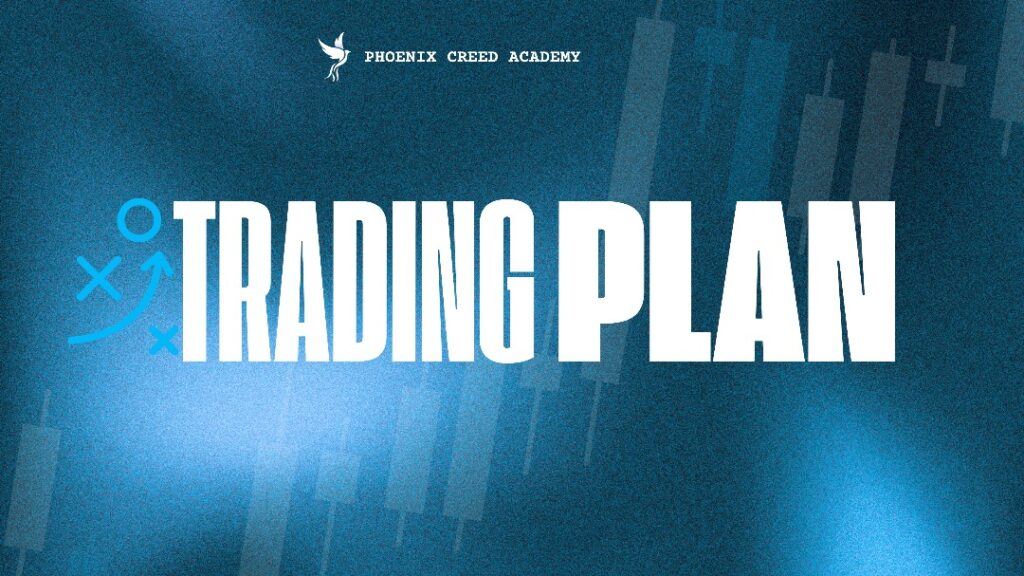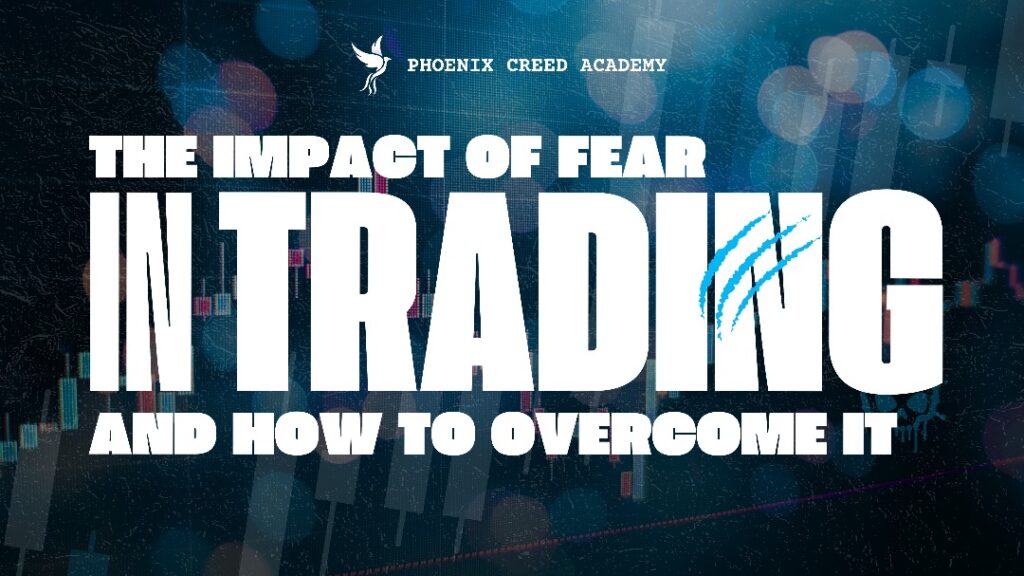70-80% Of Traders Lose Money. Here’s How YOU Win

It’s a harsh reality, but one backed by data: between 70% and 80% of retail traders ultimately lose money. This isn’t just a myth; regulated brokers and financial authorities confirm it.
- Under ESMA (European Securities and Markets Authority) rules, brokers are required to disclose client loss rates. A survey of EU-regulated CFD brokers shows that typically 70–85% of retail clients lose money (Afbis).
- A research roundup from Trading Academy found that, on average, 76% of retail traders were unprofitable, reinforcing the 70–80% range (Trading Academy).
- The UK’s Financial Conduct Authority (FCA) highlights similar figures, stating that approximately 80% of customers lose money when investing in CFDs (FCA).
HOW YOU RISE ABOVE
So, how do you avoid becoming part of this statistic? Here’s what separates the consistent winners from the majority who fail:
1. Follow a Solid Trading Plan
A trading plan is your compass. It outlines:
- When to enter a trade
- How much to risk
- When to take profit
- When to walk away
Without it, emotions take over. With it, you have structure, accountability, and clarity. The market rewards discipline, not impulse.
2. Prioritize Risk Management
Professional traders do not aim to win every trade; they aim to protect capital.
- Risk 1–2% per trade, never more
- Always use stop losses
- Think in probabilities, not guarantees
One of the fastest ways traders blow accounts is by over-leveraging. Remember: your first job is to survive long enough to thrive.
3. Track Everything with a Journal
Your trading journal is your most powerful teacher. Record:
- The setup and reasoning
- Entry/exit points
- Market conditions
Over time, you will see patterns in your behavior and strategy that textbooks cannot teach. Journals transform mistakes into lessons.
4. Mind your Psychology
Trading psychology is often the silent killer of accounts. You can have the best technical system in the world, the perfect risk management strategy, and still lose if you cannot control your emotions. This is why experienced traders say trading is 20% strategy and 80% psychology.
Here are the key psychological traps and how to overcome them:
Fear
Fear causes hesitation. You see the setup, but you freeze because you are afraid of losing money. Or worse, you close a winning trade too early because you are scared it might reverse. Both cost you profits.
How to handle fear:
- Trade with money you can afford to lose so you are not emotionally attached.
- Size your positions correctly. Small risk makes fear manageable.
- Focus on the process, not on the outcome of a single trade.
Greed
Greed makes you over-leverage, hold onto trades too long, or jump into setups that are not really there. Greed is the voice that says, “Just one more trade.”
How to handle greed:
- Predefine your profit target and stick to it.
- Take partial profits if you must, but never move your targets out of greed.
- Remind yourself that consistent small gains beat one lucky big win.
Impatience
Many traders cannot wait. They want to be in the market all the time. This leads to chasing setups, overtrading, and entering without confirmation.
How to handle impatience:
- Remember that cash is also a position. Waiting is part of trading.
- Create a watchlist and wait for setups to meet your plan.
- Limit your trades per day or per week to enforce discipline.
Revenge Trading
This happens when you take a loss and immediately try to win it back. You increase your lot size, force a trade, and often end up making the loss even bigger.
How to handle revenge trading:
- After a loss, step away from the charts.
- Have a rule like: “I stop for the day after two losses.”
- Remember that no single trade will make or break your career.
Overconfidence
After a winning streak, many traders feel unstoppable. They start breaking their rules, increasing lot sizes, and ignoring risk management. Overconfidence often leads to the biggest losses.
How to handle overconfidence:
- Treat every trade as independent. The last win does not guarantee the next.
- Stick to the same risk percentage, whether you are on a hot streak or a cold streak.
- Review your journal often to stay grounded.
The Winning Trader’s Mindset
- Detachment: Winners see money as numbers, not emotions. A loss is just feedback, not a personal failure.
- Patience: They know that opportunities are infinite. If they miss today’s trade, another will come tomorrow.
- Discipline: They stick to their plan religiously. They do not trade for excitement; they trade for results.
- Adaptability: Winners adjust to changing market conditions. They are flexible but never reckless.
Practical Tips to Strengthen Psychology
- Practice mindfulness to calm your mind before trading.
- Create a pre-trading routine that prepares you mentally before each session.
- Take breaks during losing streaks to avoid emotional spirals.
- Balance life and trading. If trading is your entire identity, emotions will always run high.
Trading psychology is the hardest skill to master because it requires battling yourself. The market will test your discipline daily. The traders who learn to control their emotions, stick to their plan, and keep their mindset sharp are the ones who survive long enough to win.
5. Keep Learning and Adapting
Markets evolve. What worked yesterday may fail tomorrow. That is why winners never stop learning.
- Attend bootcamps and masterclasses
- Stay updated on market trends
- Associate yourself with a community that sharpens your edge
Learning is not an event; it is a lifestyle.
6. Build Resilience Through Consistency
The road to profitability is not smooth. Losses are part of the game. The difference is how you respond.
- Accept losses as tuition fees
- Do not abandon your plan after a bad week
- Focus on the process, not just results
Consistency compounds over time, both in trading and in life.
Final Thoughts
Yes, the odds are stacked. But those stats exist to motivate you, not discourage. With an edge, discipline and the right support, you can be among the few who rise above.
At Phoenix Creed Academy, we help committed traders move out of the 70–80% failure zone and into that elite group of consistent, profitable traders.





Responses